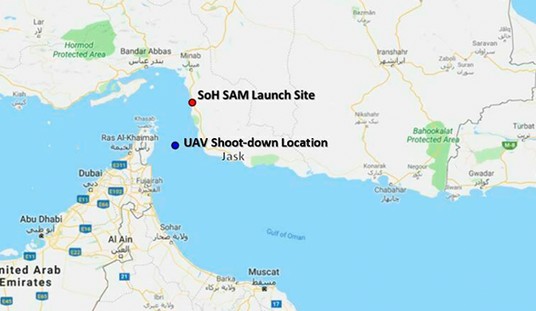Most Americans admit to being fry-dipping, cell-phone-gossiping, mascara-applying distracted drivers. A 2011 poll, reported in USA Today, showed 86 percent of us eat or drink in the car, more than half talk on the phone, and about 40 percent admit to the offenses of setting the GPS or texting. Many Americans, even in a state as conservative as Texas, want to be saved from their bad behavior by a ban on cell phone use in the car.
But are they really saving themselves? Though the laws are largely noncontroversial, they’re also hard to enforce, and increasingly look ineffective, according to studies of their real-life track records. A new study of California’s six-year-old cell phone ban, peer-reviewed and published in the journal Transportation Research examined crash data for the six months prior to California’s cell phone ban and the six months after.
“Our main result was that we found no evidence that the California cellphone ban decreased accidents,” Colorado University economics Professor Daniel T. Kaffine, one of the lead autors of the study, said in a statement. “This is surprising, because a lot of prior studies had shown that people who talk on cell phones, while driving, are just as impaired as people who are intoxicated.”
Along with Colorado School of Mines mathematician Bob Yu and Rand Corporation analyst Nicholas E. Burger, Kaffine looked at the six months from January 1 to June 30, 2008 as the “before” period and July 1 to December 31, 2008 as the “after period” to avoid overlap with a ban on text messaging that took effect on January 1, 2009.
The researchers looked at the average daily number of collisions, verifying that other factors such as the number of miles traveled, rainfall and gas prices did not affect the numbers. The final figures also accounted for holidays, as the numbers show accidents fell 15 percent because people drive less on those days. No matter how the numbers were analyzed, the results did not change.
“When we go to the data we just didn’t see any evidence that accidents actually declined in the six months after this ban that was put in place,” Kaffine explained.
Autoblog interviewed Kaffine, and notes this isn’t the only study to turn up this result:
“We went in there expecting to see something,” Daniel Kaffine, one of the study’s authors, told Autoblog. “[But] it was pretty clear to us that there was no compelling evidence of a decrease in accidents.”
Though offsetting for safety advocates, Kaffine’s research is in line with other findings. The Highway Loss Data Institute, the research arm of the Insurance Institute for Highway Safety, studied insurance claims rates in 2009 and 2010 studies, and found no link that bans helped decrease crashes.
Thirteen states and the District of Columbia ban hand-held cell-phone use in the car while 37 states and D.C. prohibit it for young and novice drivers, and 44 states ban texting while driving, according to the National Conference of State Legislatures.
Though this week’s study did not attempt to determine why the California law didn’t accomplish its aims, the researchers themselves have posited that it might be because other forms of distracted driving are just as dangerous or more. A 2012 study from UNC’s Highway Safety Research Center suggests that may be the case:
A March 2012 study sponsored by the American Automobile Association and conducted by the University of North Carolina’s Highway Safety Research Center found that young drivers, the most accident-prone among all driving groups, are most likely distracted by rowdy passengers in the car, changing the radio station, and eating or drinking while at the wheel.
Use of mobile devices was the least prominent distraction observed, being overtaken by “adjusting controls, personal hygiene, communicating with someone outside the vehicle and reaching for objects in the vehicle,” according to the study.
“Electronic device use and other distracted driver behaviors were strongly associated with looking away from the roadway, although electronic device use was only weakly related to serious incidents,” the authors concluded.
President Obama, famous pragmatist that he is, has often urged that we do, not liberal or conservative things per se, but concentrate on doing what works. He doesn’t actually have any desire to do that, but the sentiment is nice. Any move toward evidence-based government and real evaluation of results, were it ever to happen, necessarily works to the advantage of people who are skeptical of government efficacy. Even building in an assumption that government programs should have to show they’re doing what they claim, much less doing it well, would be an improvement. Unfortunately, politicians and much of society aren’t interested in doing what works to tackle a problem, but in doing what makes us feel like we’ve tackled a problem. And, such feelings don’t make great policy.








Join the conversation as a VIP Member